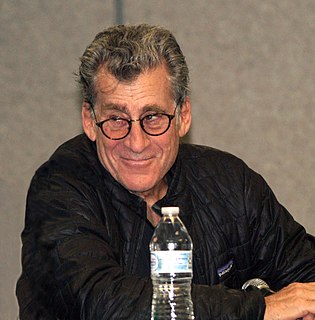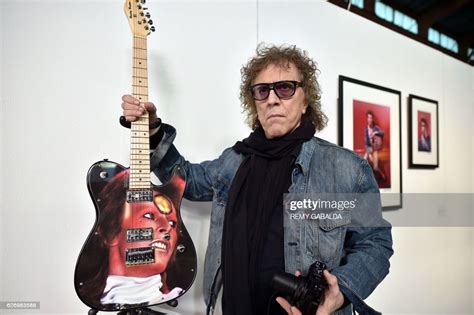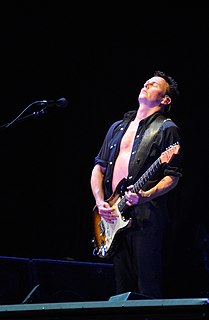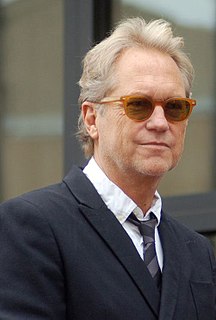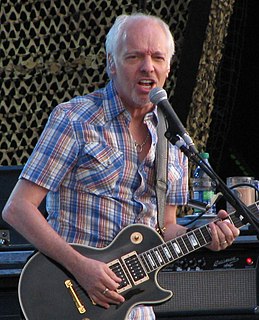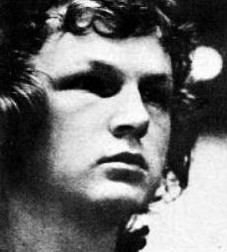A Quote by Paul Michael Glaser
I don't think a movie today that captured all the things that we did in the seventies could come close, because it's like asking to recreate the seventies and the audience sensibilities and that's impossible.
Related Quotes
When you're really young, dating girls, and trying to explain Kiss, they just look at you like you're kind of crazy. I think they got so big in the Seventies and were such a phenomenon - they did the 'Kiss Meets the Phantom of the Park' movie, the solo records - some people only know the merchandising stuff.
Usually, when you do a period movie, you just recreate what you are shooting. You don't recreate the way you shoot it. I think I did the same thing here as I did in the OSS 117 movies. I recreated the way to shoot that period, because to me, like what I was saying about the Steadicam, there's no sense to do a Steadicam shot in the 1920s because you have never seen the '20s like that. You can't believe there was a Steadicam in the 1920s. I believe it's a continuation of the OSS 117 in a way but without the irony.
